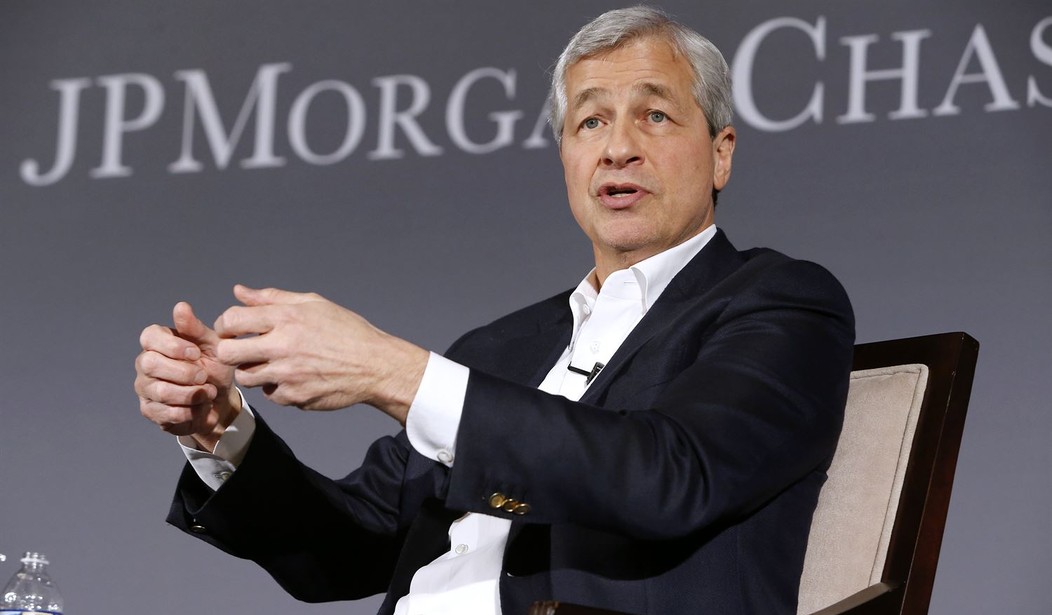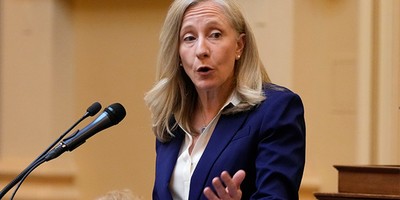In a deal announced early Monday, regulators accepted a bid from JPMorgan Chase to buy most of First Republic Bank’s assets in what is the second largest bank failure in U.S. history.
"The DFPI appointed the Federal Deposit Insurance Corporation (FDIC) as receiver of First Republic Bank. The FDIC has accepted a bid from JPMorgan Chase Bank, National Association, Columbus, Ohio, to assume all deposits, including all uninsured deposits, and substantially all assets of First Republic Bank," the California Department of Financial Protection and Innovation said in a statement.
“The DFPI took action pursuant to California Financial Code section 592, subdivisions (b) and (c), specifically ‘conducting its business in an unsafe or unsound manner’ and being in a ‘condition that … is unsafe or unsound’ to transact banking business,” the statement added. “As of April 13, 2023, First Republic Bank, based in San Francisco, had total assets of approximately $229.1 billion and total deposits of approximately $103.9 billion. Its deposits are federally insured by the FDIC subject to applicable limits.”
NEW — First Republic Bank Has Been Seized by Regulators and Sold to JPMorgan Chase
— Chief Nerd (@TheChiefNerd) May 1, 2023
“First Republic will go down as the second largest bank failure in U.S. history” pic.twitter.com/UWlp4IbzuD
Recommended
In a statement, Jamie Dimon, Chairman and CEO of JPMorgan Chase, said their "financial strength" and "business model" helped them carry out the transaction in a way that minimizes "costs to the Deposit Insurance Fund."
“Our government invited us and others to step up, and we did,” he added.
A Treasury Department spokesperson remained positive about the development.
“Treasury is encouraged that this institution was resolved with the least cost to the Deposit Insurance Fund, and in a manner that protected all depositors,” the spokesperson said, according to Reuters.
UPDATE - JPMorgan CEO Dimon says banking system is "sound" after assimilating First Republic Bank, expects more consolidation.
— Disclose.tv (@disclosetv) May 1, 2023

























Join the conversation as a VIP Member